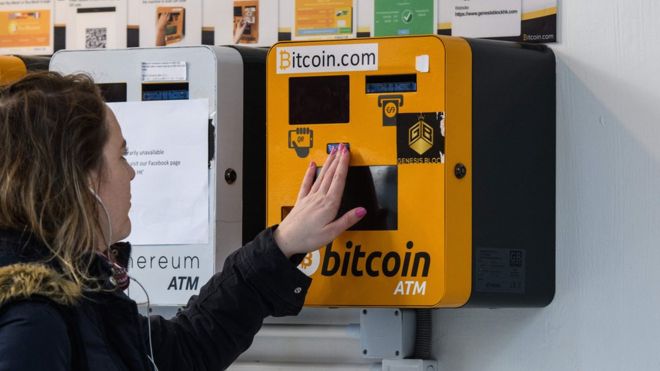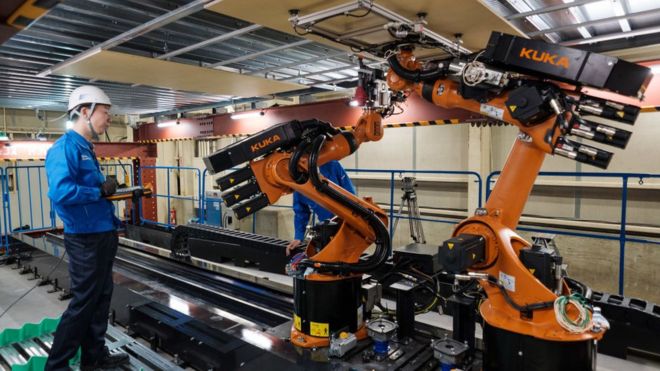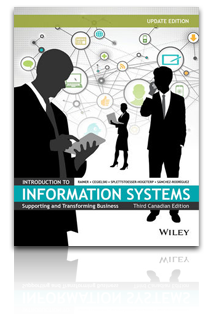
Facebook and its CEO, Mark Zuckerberg, pledged to fix how it handles political and issue ads in the wake of Russian meddling in 2016. But just days before the midterm elections, a key part of Facebook’s effort is broken, and it’s unclear if the company is doing anything to fix it.
The company has touted new rules for political ad-buyers as a major component of its work to combat disinformation on its platform. In 2016 Russian trolls with links to the Kremlin bought ads targeting Americans in the run-up to the presidential election. They were able to do so without giving any information to Americans seeing those ads about who was paying for them.
Political ads on the platform are now supposed to say who paid for them, but Facebook allows buyers to fill in that information themselves. And if anyone or any system at the company is supposed to be ensuring that the information these ad-buyers submit is the truth, they appear to be asleep at the wheel.
Earlier this week, Vice News, posing as a political ad-buyer, got approval from Facebook to run ads in the name of every single one of the US’ 100 senators. Vice News did not end up buying the ads. This came after Vice News had previously received approval from Facebook to run ads “Paid for” by Islamic State and Vice President Mike Pence.
Source: CNN Technology News
Date: November 2nd. 2018
Link: https://www.cnn.com/2018/11/01/tech/facebook-election-ad-problems/index.html
Discussion
1) Why does it matter that Facebook is allowing fake adverts?
2) How might Facebook use automation to check the details people enter about who they are?









